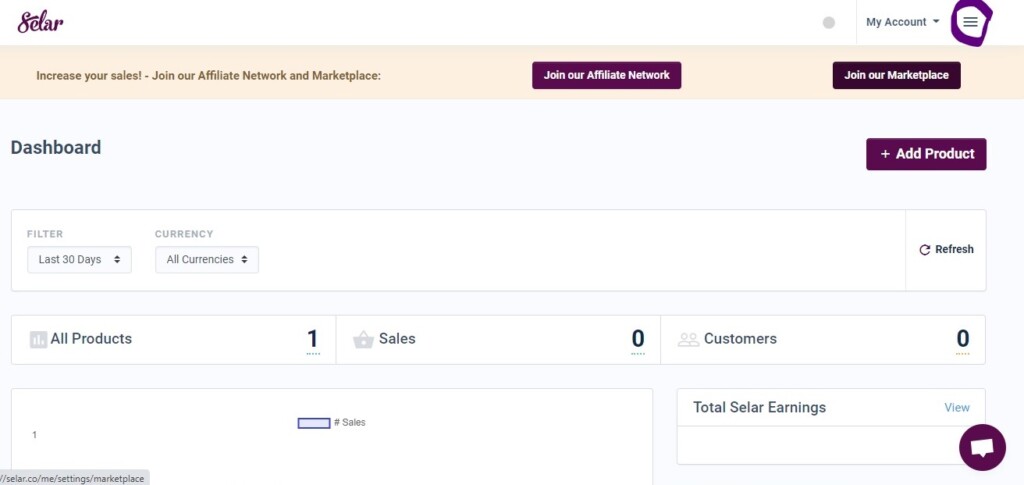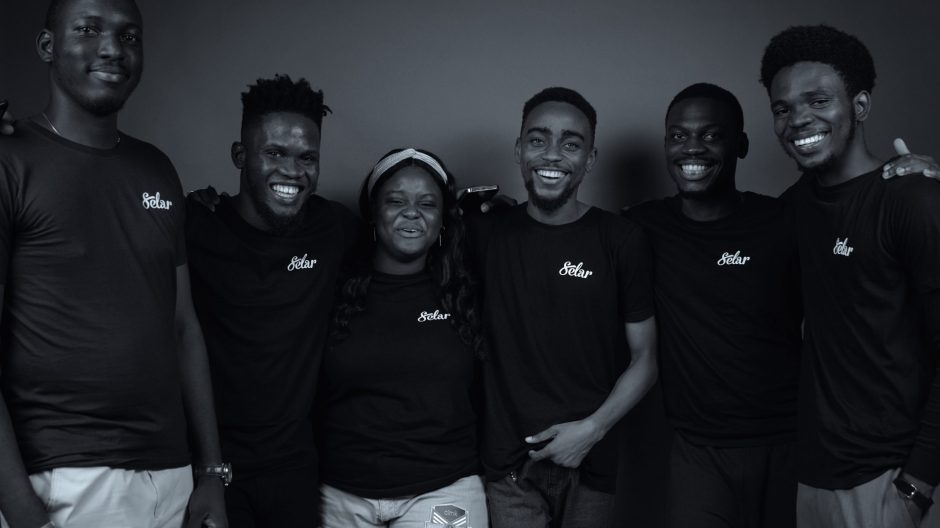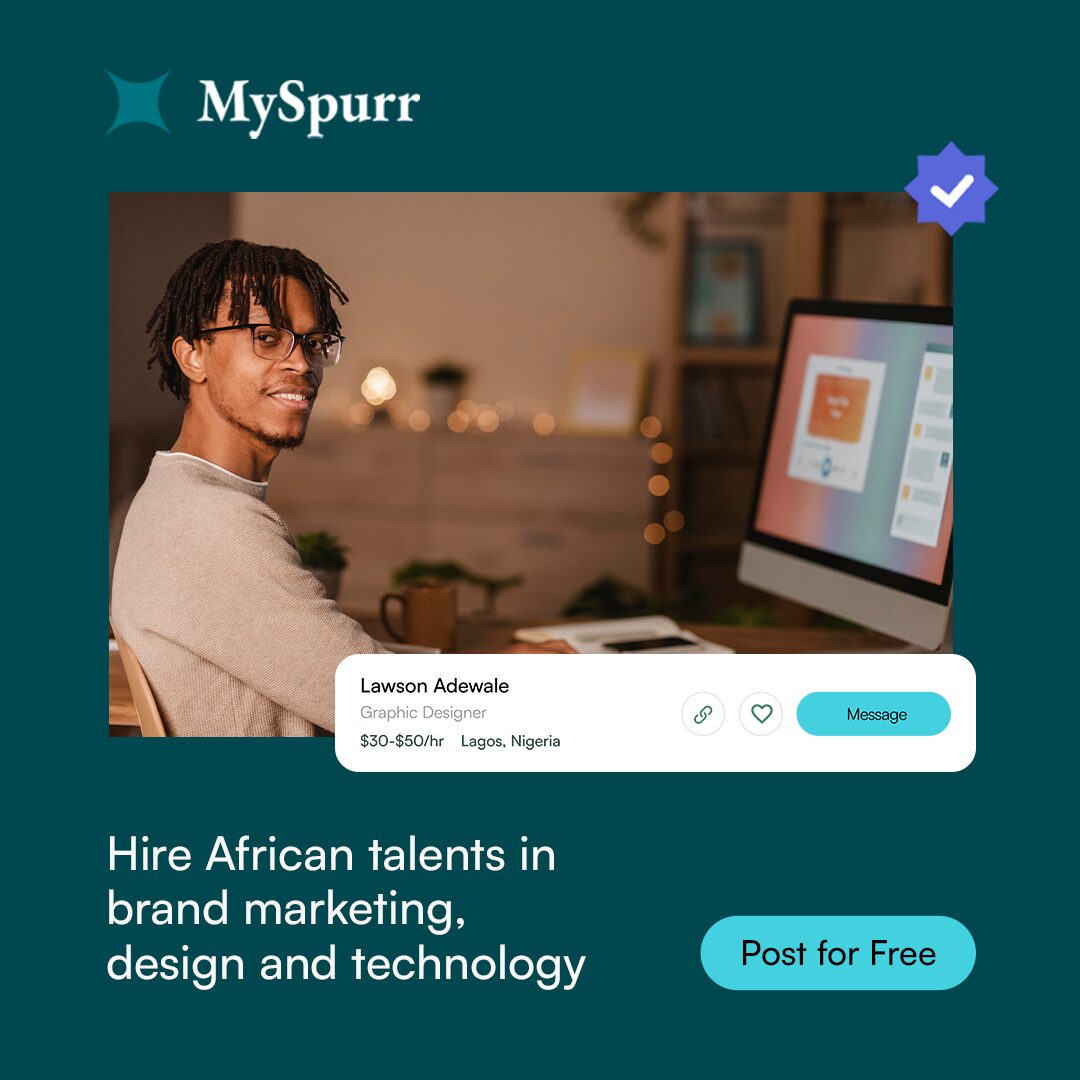The journey to building Selar started when Douglas Kendyson, the startup’s founder and CEO was a Customer Success Expert at Paystack, a Nigerian fintech startup.
His role required that he worked daily with customers and while at it, he noticed a constant request from individuals who wanted to use the platform to sell their products. At the time, Paystack only worked with businesses and rarely with individuals.
Trying to see if he could meet that need, Douglas Kendyson built an MVP for Selar in October 2016. However, the product remained in the semi-stealth mode for another two years.

Eventually, Douglas Kendyson became more intentional about product – sales and content marketing, and the effort paid off as Selar began to pull in the numbers by Q2 2020, keeping up the momentum until the end of the year.
His focus was to build a service where non-registered business owners can sell their products of which Creators typically fall into that category.
With Selar, Douglas hopes to enable the passion economy in Africa. Creators should find it easy to monetize their knowledge and audience through digital products and services—that is what Selar champions.
Selar.co is an e-commerce store builder that enables anyone to monetize their knowledge or skills via digital products or memberships. Creators on Selar typically sell e-books, courses, and training.

Growth
In the early days, it was difficult getting people to sign up, put their content on and use Selar. However, in 2020, Douglas Kendyson took up the marketing and sent pitches to over 500 creators to get them to use the product and that was how Selar picked up steam with creators.
Selar has not raised any external capital, aside from a US$10,000 grant from the Tony Elumelu Foundation back in 2018. In 2020 alone, the company recorded over ₦100 million ($270,000) in transactions. That figure ensured that the company was cash-flow optimistic, going into 2021. Selar began the year 2020 with 3,000 sellers, but grew to 21,000 in 2021 and now has over 35,000.
The company had gone from a $10,000 Tony Elumelu Fund grant to paying out over ₦1,000,000,000 (one billion naira) to African creators in 2021.
Also Read: The Journey Of Wave: Becoming Francophone Africa’s First Unicorn
Future Plans
Although the grant is all the outside funding that Selar has received so far, the company is in a comfortable place. Raising money is one of the startup’s plans but it is not the priority.
The startup is already active in 10 African countries – Nigeria, Ghana, Kenya, South Africa, Uganda, Ivory Coast, Cameroon, Tanzania, Rwanda, and Senegal – and plans further expansion soon.
Sources: Disrupt Africa, Benjamin Dada, Techpoint




